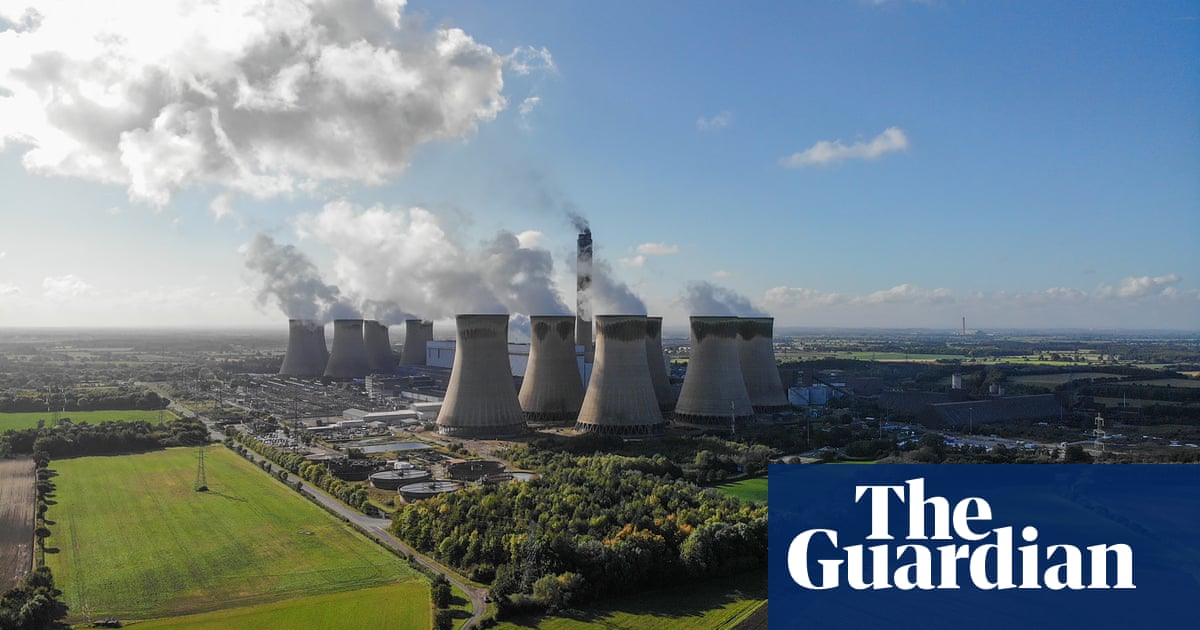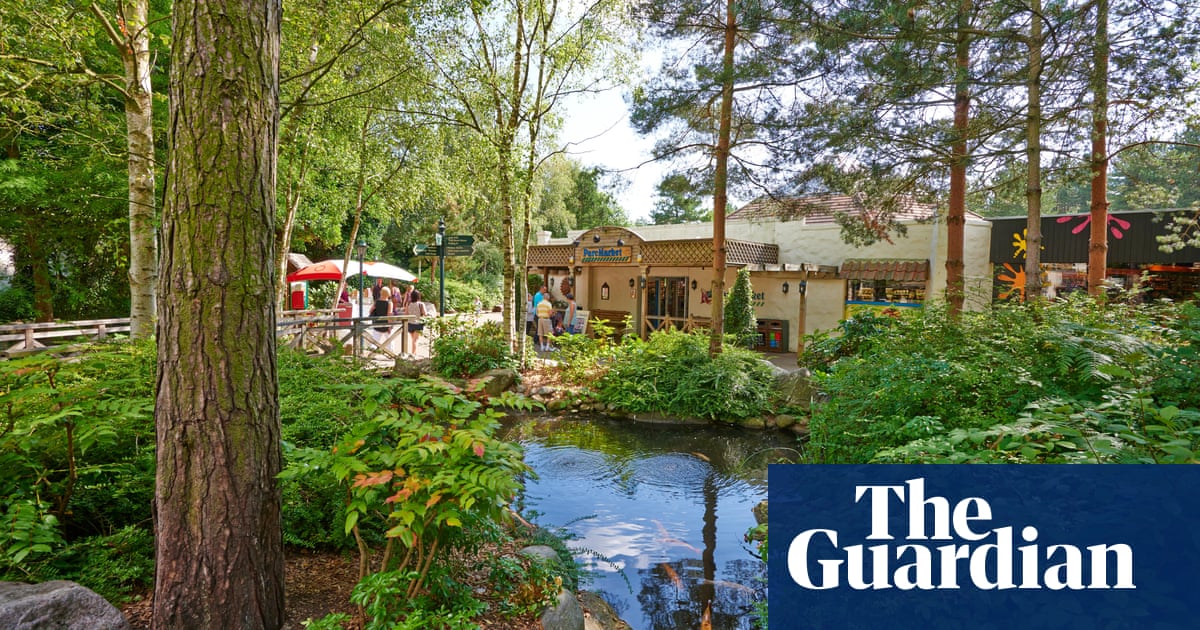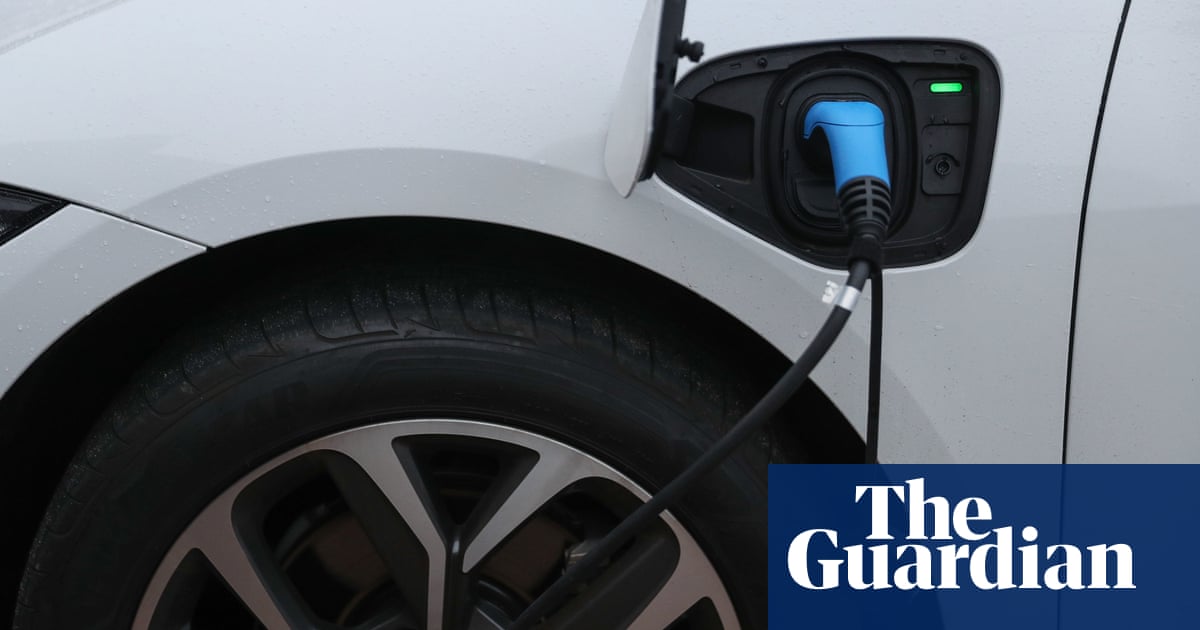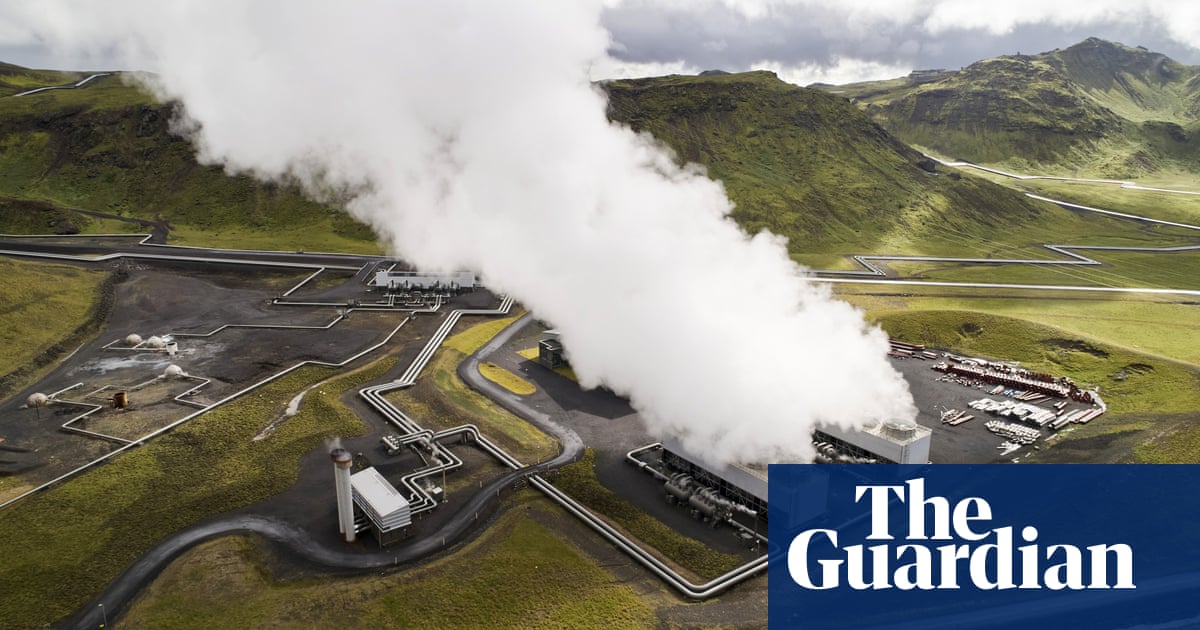
The owner of the Ratcliffe-on-Soar power station in Nottinghamshire is in talks with the German government to secure emergency state support after Russia slashed its gas supplies.
Uniper has issued a profit warning and is discussing “stabilisation measures” with German officials after Russia’s Gazprom delivered just 40% of the gas it had ordered.
The German group said it expected its earnings to be significantly below previous years as a result. Its shares plunged nearly 20% in response.
Russia has been limiting gas supplies to western Europe since the start of the war in Ukraine.
Energy firms on the continent have dashed to fill up gas storage facilities before the winter fearing supplies will be completely cut off.
Germany last week triggered the second stage of a national gas emergency plan that could lead to rationing if shortages continue. Uniper said government support could include “equity investments” and an expansion of a €2bn credit facility with a state bank agreed earlier this year as the energy crisis ramped up.
John Musk, an RBC Europe analyst, said other European utility companies with gas supply exposure – including E.ON, RWE, Enel and Engie – could also be negatively affected by the situation.
Russ Mould, an investment director at AJ Bell, said: “[Uniper] has been forced to buy energy in the market after Gazprom delivered less than half of its contractually committed volumes of gas over the past fortnight.
“Uniper is in a pickle as it can’t yet pass on these higher costs, so there is significant financial pressure on the business.”
Shares in Uniper, which is worth nearly €5bn, are down 67% so far this year.
Uniper owns the Ratcliffe-on-Soar coal-fired power station as well as a string of UK gas plants.
Britain has access to significant quantities of gas from the North Sea and Norway. This week it emerged that the National Grid had drawn up emergency measures, including cutting off supplies into Europe.
The government is in talks to extend the life of one of the coal-fired units at Ratcliffe-on-Soar to shore up energy supplies during winter.
George Saravelos, a Deutsche Bank analyst, said the energy rationing would increase the risk of a recession in Germany. “If the gas shutoff is not resolved in [the] coming weeks, we worry this will lead to a broadening out of energy disruption with material upfront effects on economic growth, and of course much higher inflation,” he added.
There are fears that a sudden shutdown in Russian gas supplies would lead to further increases in already sky-high consumer bills.
The Aurora Energy Research consultancy estimated that if supplies were brought to an immediate halt, the UK annual energy price cap for this winter would rise to £3,100. It is currently £1,971 and is expected to exceed £2800 from October, excluding the £400 government discount pledged by the chancellor ,Rishi Sunak.
Aurora estimated that a complete halt to Russian natural gas to Europe as soon as July would drive European gas prices 68% higher by this winter, and that wholesale prices in the UK would be 38% higher than pre-war forecasts on average over the next five years.
Earlier this month, Gazprom cut supplies through its Nord Stream 1 pipeline, citing the delayed return of equipment being serviced in Canada by the German company Siemens Energy.
The delay to its return was reportedly due to Canadian sanctions, and the government in Ottawa has said it is attempting to resolve the issue. Separately, the Nord Stream pipeline is due to shut for 10 days from 11 July for maintenance work, raising the prospect of a further supply squeeze.
Germany has said 60% of its gas storage facilities are full but that the remaining 30% necessary to hit a November target cannot be achieved without extra measures if the low levels of Russian gas supplies continue. Germany has also restarted its coal-fired plants to preserve natural gas.
Separately on Thursday, Gazprom cancelled its dividend for the first time since 1998. The state-backed company said its investors had blocked plans to make a large payout for 2021 at its annual meeting.
The Russian state owns 38% of the energy supplier, with other state companies owning a further 12%. The dividend decision sent its shares plummeting by 25%.












